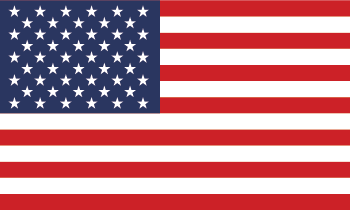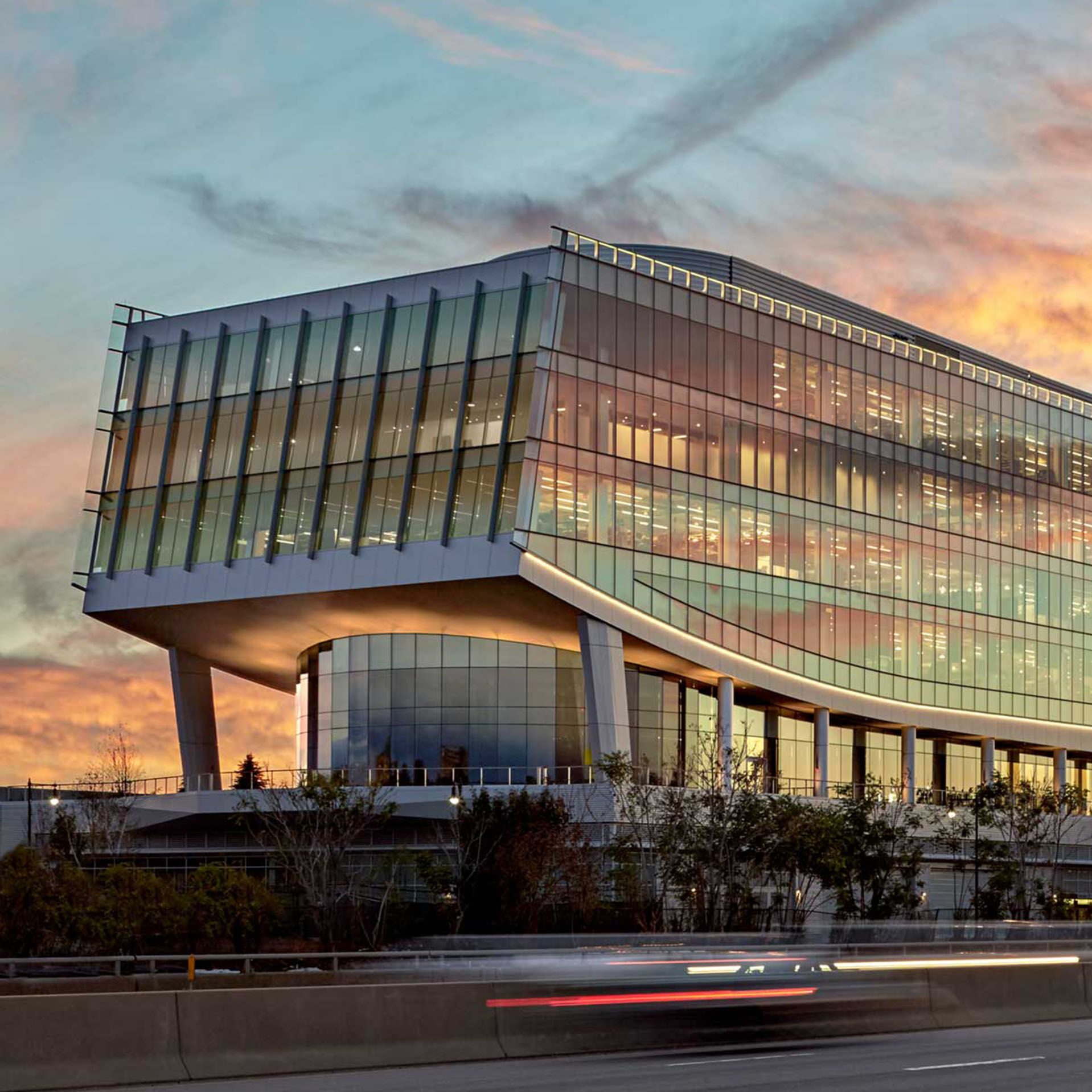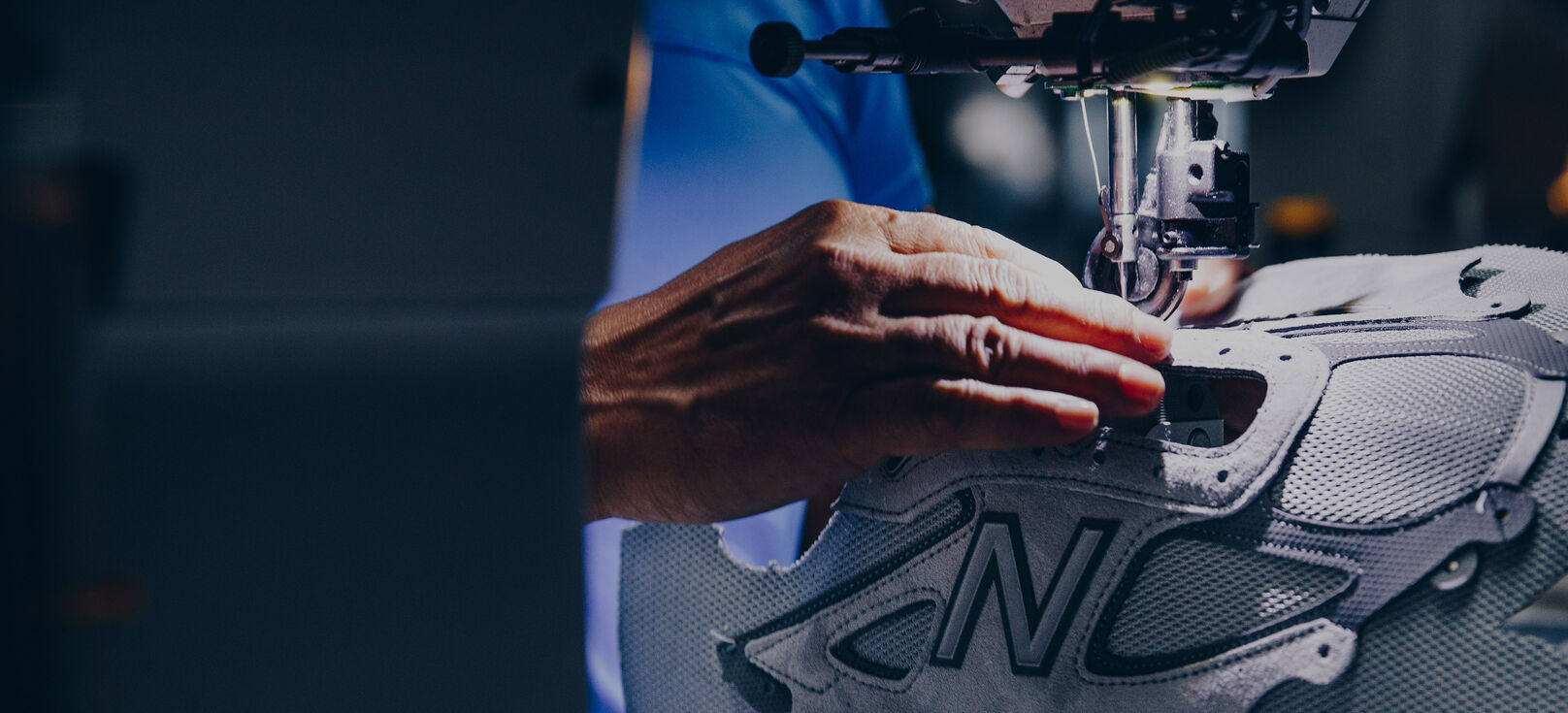

Responsible Leadership
Responsible Leadership is our approach to doing business. Our day-to-day decisions impact people and the planet. Our Responsible Leadership strategy describes how we strive to build a better, more sustainable future. By understanding these impacts and reshaping our actions, we can intentionally improve the lives of people throughout our value chain and protect the ecosystems we rely on and live within.
Our Goals
Our Goals
Our Responsible Leadership targets hold us accountable so that our values are reflected in what we make and how we make it. We’ve set targets in the areas that represent our greatest risks and greatest opportunities to drive progress.
Our Responsible Leadership targets hold us accountable so that our values are reflected in what we make and how we make it. We’ve set targets in the areas that represent our greatest risks and greatest opportunities to drive progress.
Governance and Policies
Governance and Policies
Our governance practices reinforce our commitment to Responsible Leadership, which includes operating with the highest standards of ethics, transparency, and accountability. We expect all company leaders, associates, and suppliers to conduct business responsibly — guided by our governing policies and disclosures.
Our governance practices reinforce our commitment to Responsible Leadership, which includes operating with the highest standards of ethics, transparency, and accountability. We expect all company leaders, associates, and suppliers to conduct business responsibly — guided by our governing policies and disclosures.





